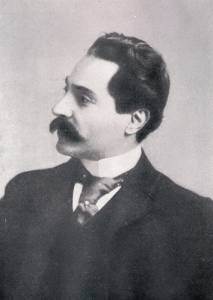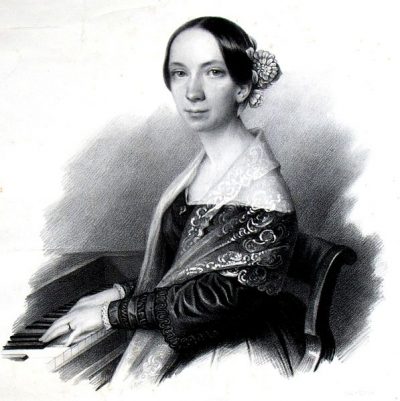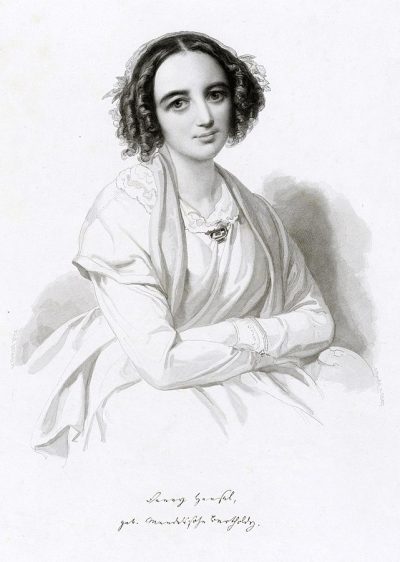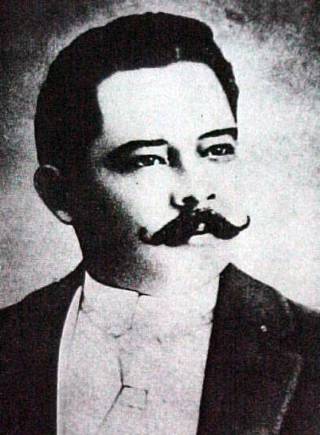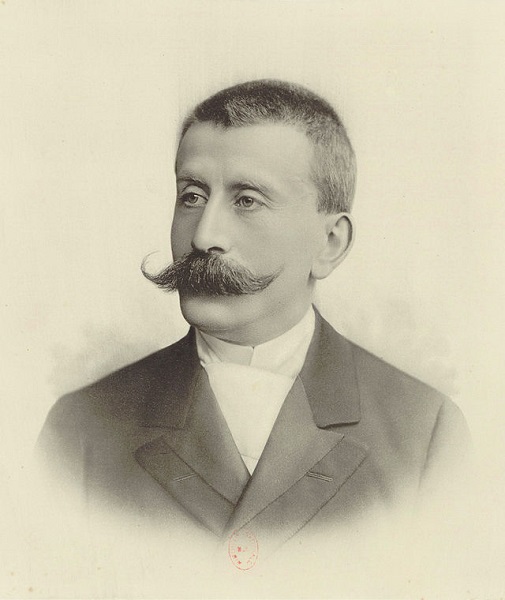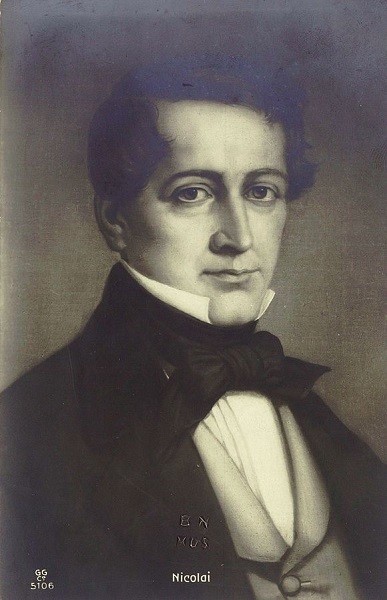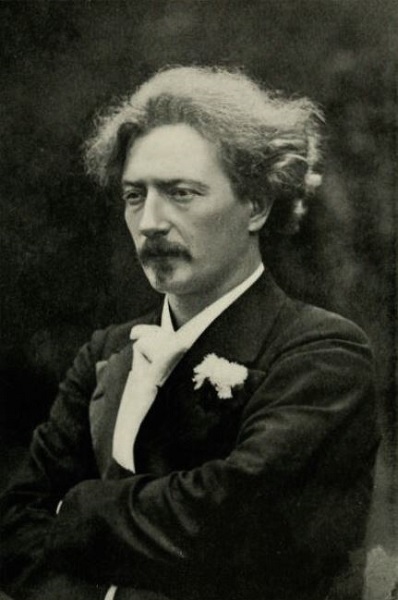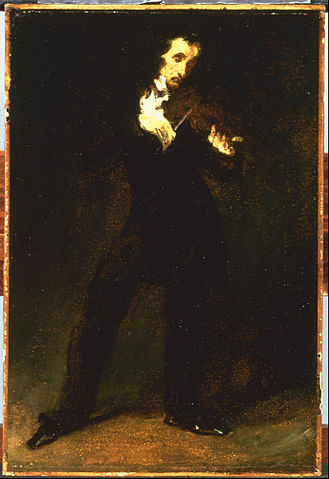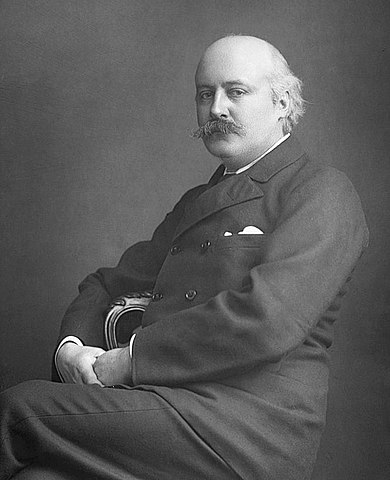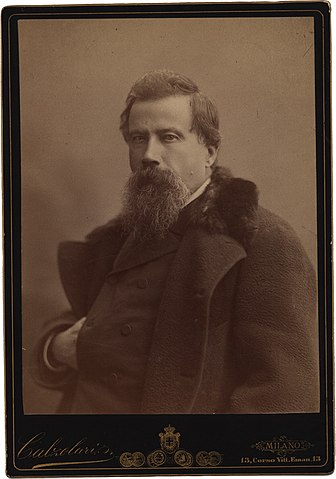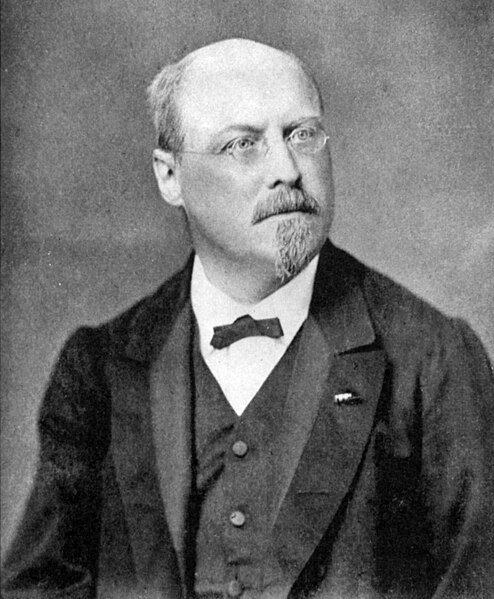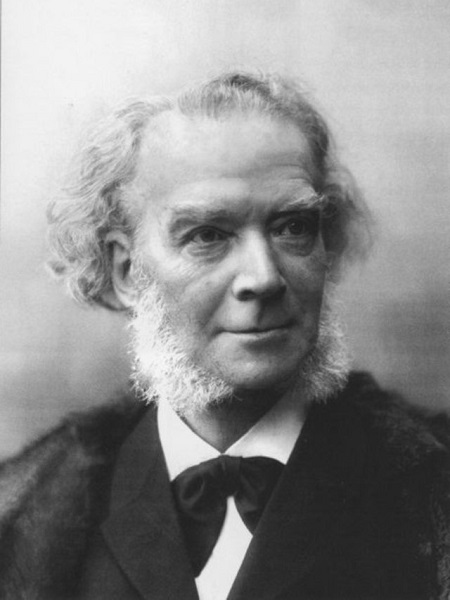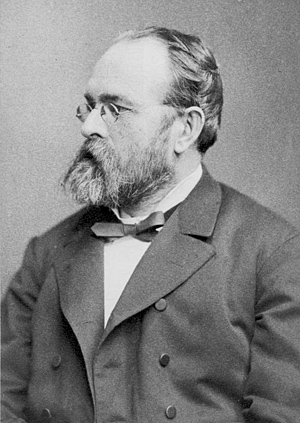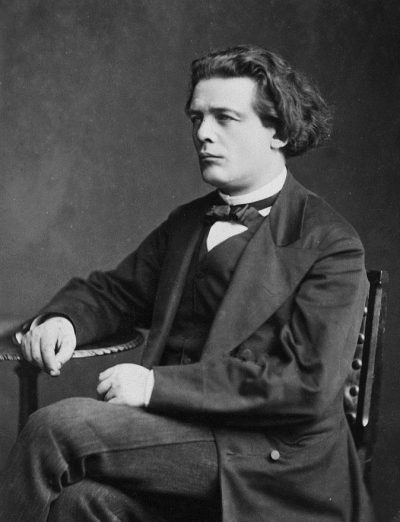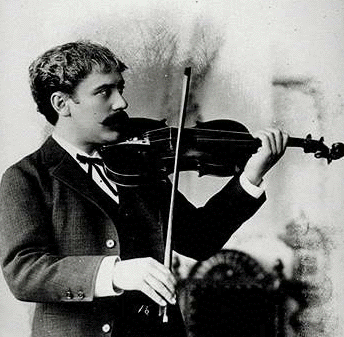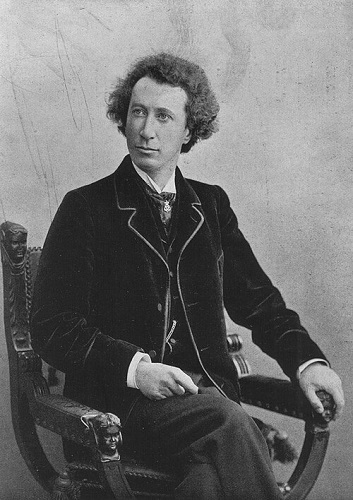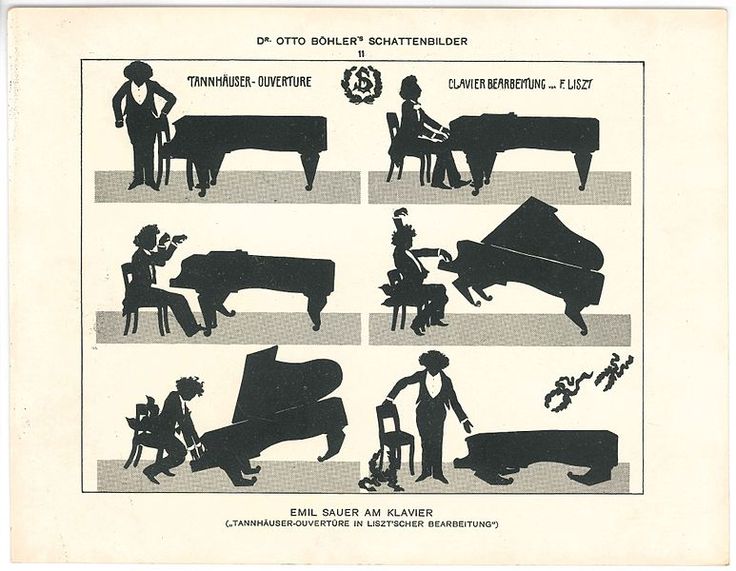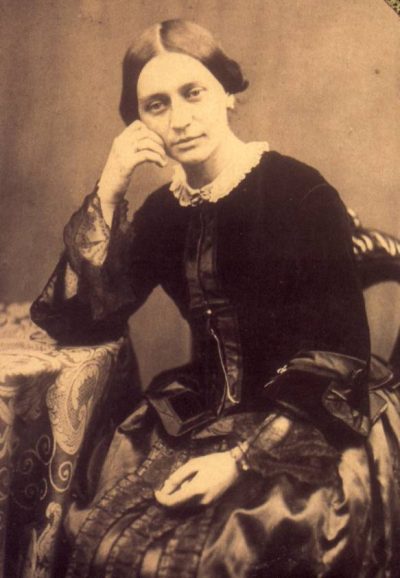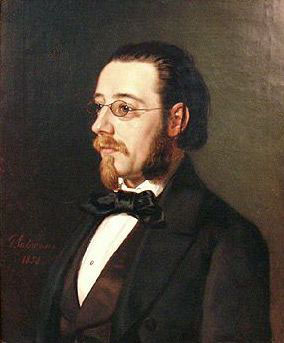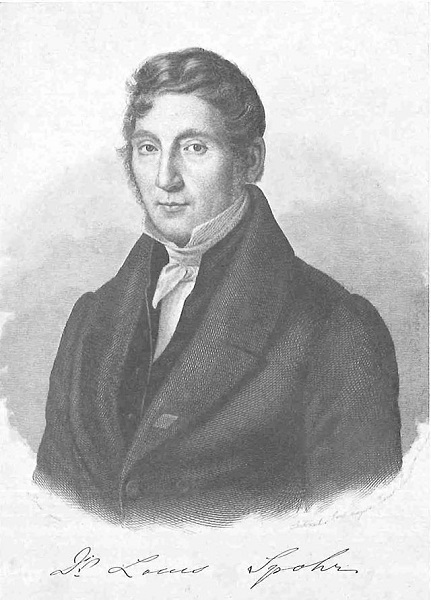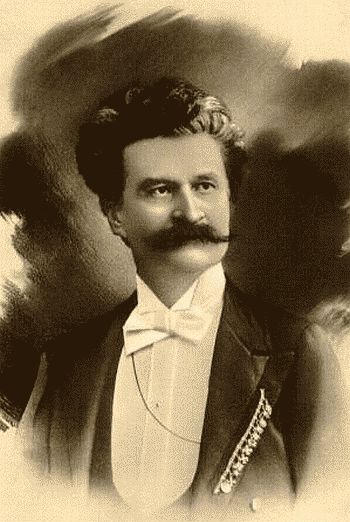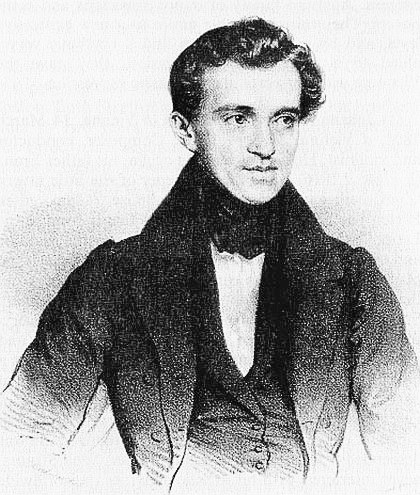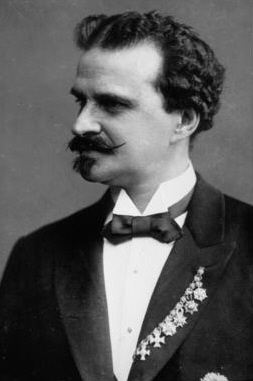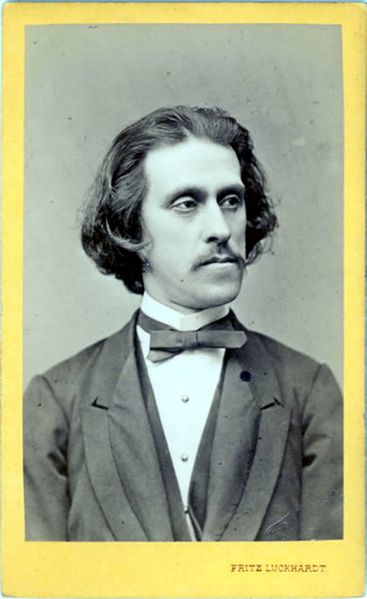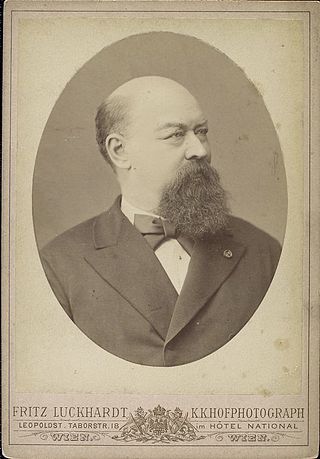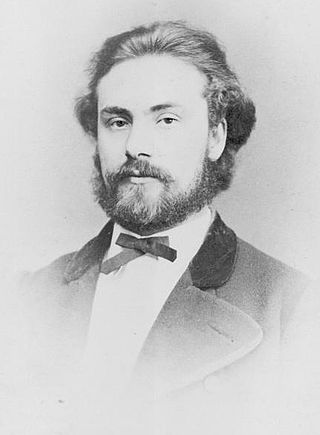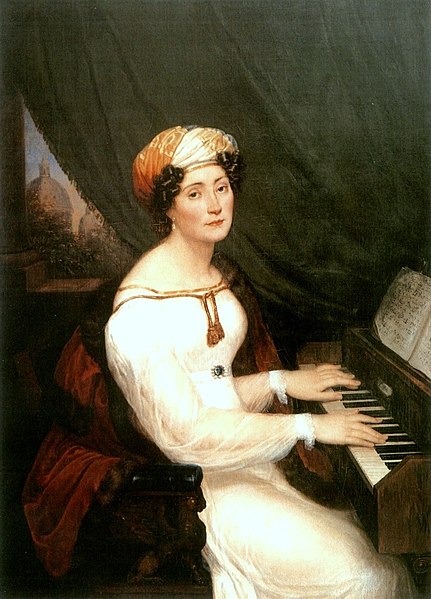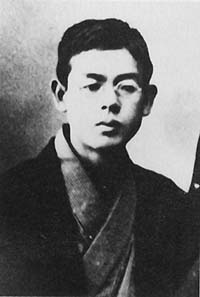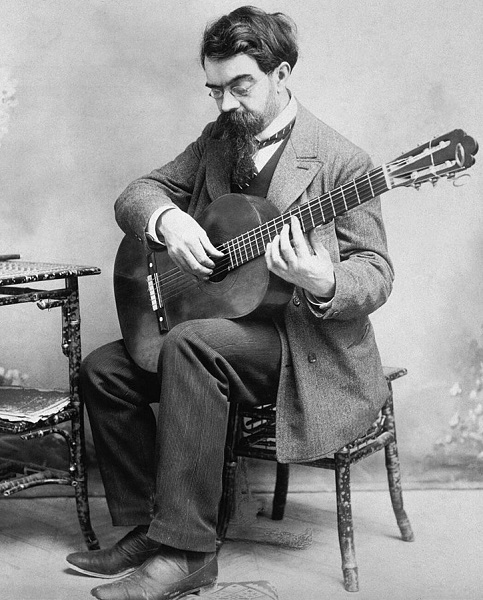Born in Leitomischl, Bohemia [now Litomyšl, Czech Republic], 2 March 1824
Died in Prague, 12 May 18841
- Often described as “the father of Czech music,” Bedřich Smetana’s [pronunciation] music became synonymous with Czech national musical style in the years following his death. In the Czech Republic, he remains a musical legend.
- Fun fact – Since Bohemia was part of the Austrian Empire for a period of time in the 1800s, Smetana’s first language was German. He didn’t learn to speak Czech until adulthood.
- As a composer, Smetana is best known for his operas and his cycle of six tone poems, Má vlast.2
- As a young emerging pianist and composer, Smetana idolized Liszt, to whom he dedicated his first published work, Six morceaux caractéristiques, Op. 1. Liszt would become a significant supporter of Smetana’s music.
- While studying and composing abroad during the 1850s, Smetana was faced with the popular opinion that Czechs were incapable of creating music of their own. Such remarks fueled Smetana’s desire to devote himself to creating native Czech music.3
“Smetana stands forth as a musician of extraordinary imaginative and constructive power, and as a patriot of the genuinely noble ideal, not the pseudo blatant chauvinistic type. Like so many geniuses, Smetana starved in early life and never greatly prospered. Like Beethoven, he became deaf and like Schumann, he died in a lunatic asylum. Struggle, death and transfiguration – martyrdom and canonization; this is the typical fate of the true artist.”Frederick Niecks4
Learn More
Biography from Deutsche Grammophon
Sources
- Marta Ottlová, Milan Pospíšil, John Tyrrell, and Kelly St Pierre, “Smetana, Bedřich,” Grove Music Online (September 28, 2018), accessed January 21, 2020, https://www.oxfordmusiconline.com/grovemusic/view/10.1093/gmo/9781561592630.001.0001/omo-9781561592630-e-3000000151.
- Marta Ottlová, Milan Pospíšil, John Tyrrell, and Kelly St Pierre, “Smetana, Bedřich,” Grove Music Online.
- Erik Levi, “Composer of the Month: Bedřich Smetana,” BBC Music Magazine Vol. 26, No. 8 (2018), 64-68.
- Ibid.
Pieces
The Bartered Bride
Má vlast
Richard III, Op. 11

